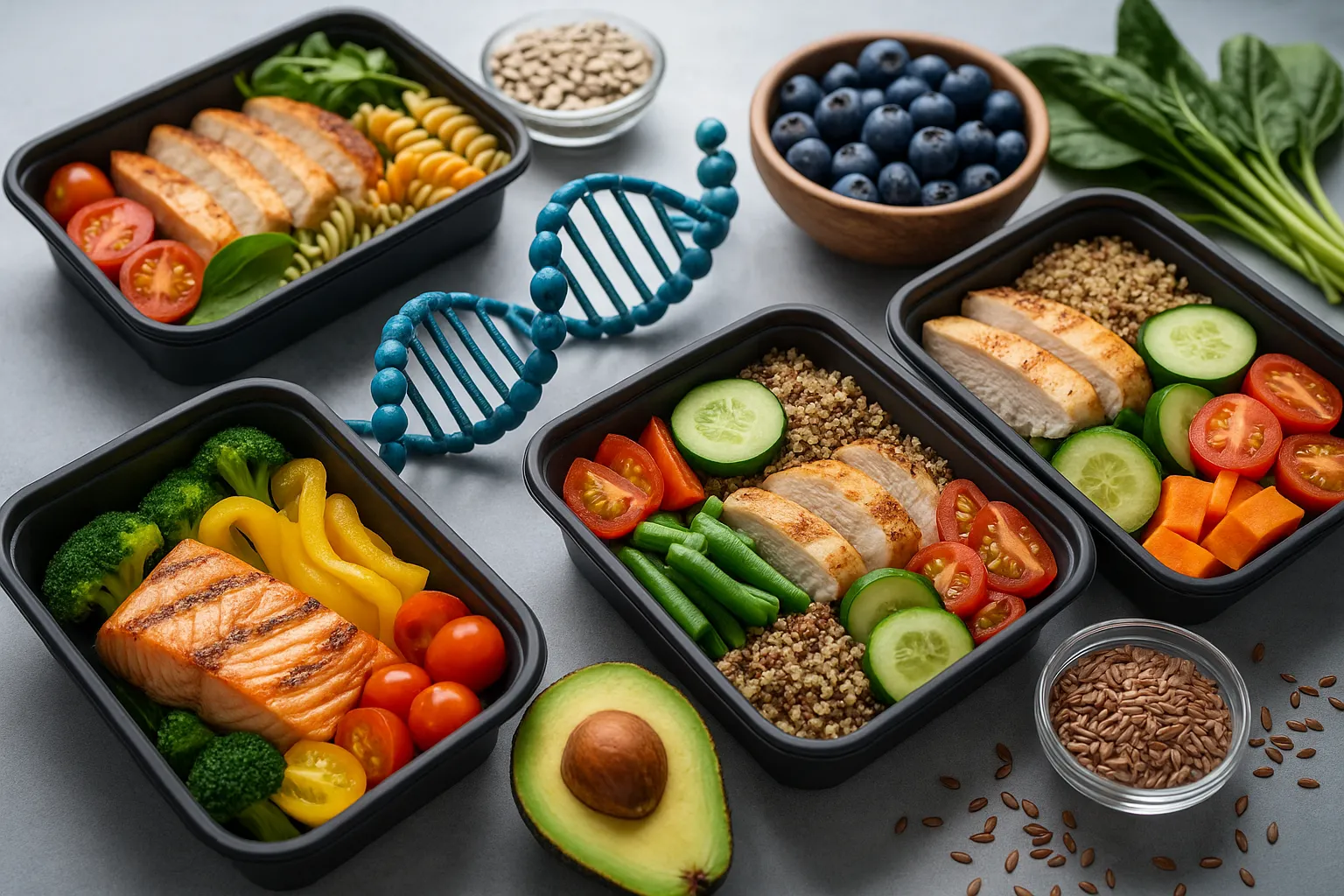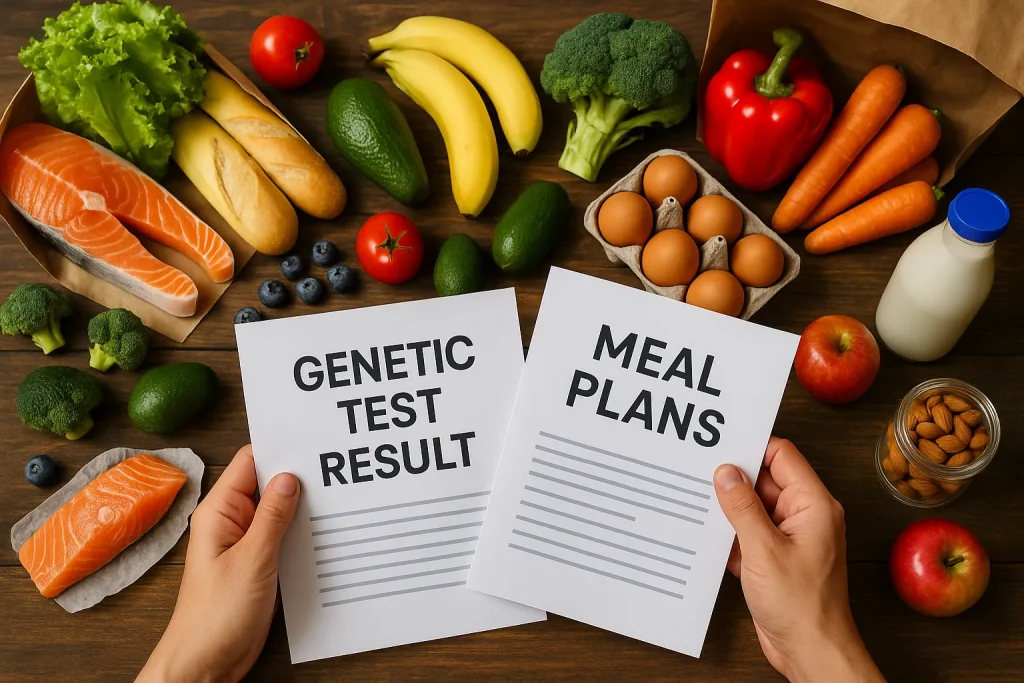
Meal prep has become a go-to strategy for staying consistent with healthy eating—but not all bodies respond to food the same way. That’s where genetic testing changes the game. Instead of guessing what your body might need, you can prep meals based on how you actually process nutrients like fats, carbs, and proteins. At Elite Gene Labs, we help you connect the dots between your DNA and your diet, turning meal prep from a generic routine into a personalized tool for better energy, metabolism, and long-term health.
Table of Contents
The Benefits of Meal Prep
Meal prepping offers several advantages:
- Consistency in Healthy Eating: By planning meals in advance, you’re less likely to opt for last-minute, less healthy eating decisions.
- Portion Control: Preparing your meals beforehand helps manage portion sizes, crucial for weight management.
- Time and Money Efficiency: Bulk buying and cooking save both time and money by reducing the frequency of shopping and minimizing waste.

How Genetic Testing Enhances Meal Prep
While meal prepping is beneficial on its own, integrating genetic testing can amplify these benefits by customizing your diet to your body’s needs:
- Personalized Nutrition: Genetic testing can reveal how your body processes fats, proteins, and carbohydrates, helping you adjust your macronutrient ratios for optimal health.
- Food Processing Insights: Genetics can play a role in how your body reacts to gluten and dairy. Identifying potential difficulties in processing these foods helps tailor your meal prep to include alternatives that enhance your health.
- Optimized Metabolism: Understanding your genetic predispositions can guide you in selecting foods that enhance your metabolic rate, aiding in weight loss or maintenance.
Incorporating Genetic Insights into Meal Prep
- Identify Your Nutritional Needs: Genetic testing through Elite Gene Labs can determine your unique nutritional requirements. For example, if your results indicate a difficulty in metabolizing vitamin B12, you might focus on incorporating more B12-rich foods into your meals such as clams,or beef.
- Tailor Your Grocery Shopping: With your genetic information in hand, customize your shopping list to align with the foods that best support your genetic profile. This ensures that every meal you prep is optimized for your health.
- Cook Foods Based on Histamine Intolerance: Genetic testing can identify specific genes, such as AOC1 and HNMT, which are crucial in determining how your body breaks down histamines found in foods. These genes are involved in the metabolism of histamine, a compound that can accumulate in your body if not properly broken down, leading to various intolerance symptoms.This knowledge can guide your meal preparation choices to help avoid foods that are naturally high in histamine or that promote histamine release. Such foods include aged cheeses, certain fish, fermented products, and processed meats.
Conclusion
Meal prepping is a powerful tool for maintaining a healthy diet, and when combined with genetic testing, it becomes an even more potent method of ensuring that your diet aligns perfectly with your body’s needs.
Frequently Asked Questions
What is meal prep?
Meal prep means planning, cooking, and portioning meals ahead of time—typically for the week—in reusable containers.
How long does prepped food last in the fridge?
Typically 3–5 days when stored properly in airtight containers.
Can I freeze prepped meals?
Yes—if your containers are freezer‑safe. Soups, stews, and casseroles freeze best.
What containers are best for meal prep?
Go for durable, leak‑proof, microwave/freezer/dishwasher‑safe containers such as glass bento-style or vacuum-sealed options.
How do I start meal prep like a pro?
Keep it simple: choose a few staple recipes, batch‑cook ingredients, use varied containers, and prep on a consistent schedule.

